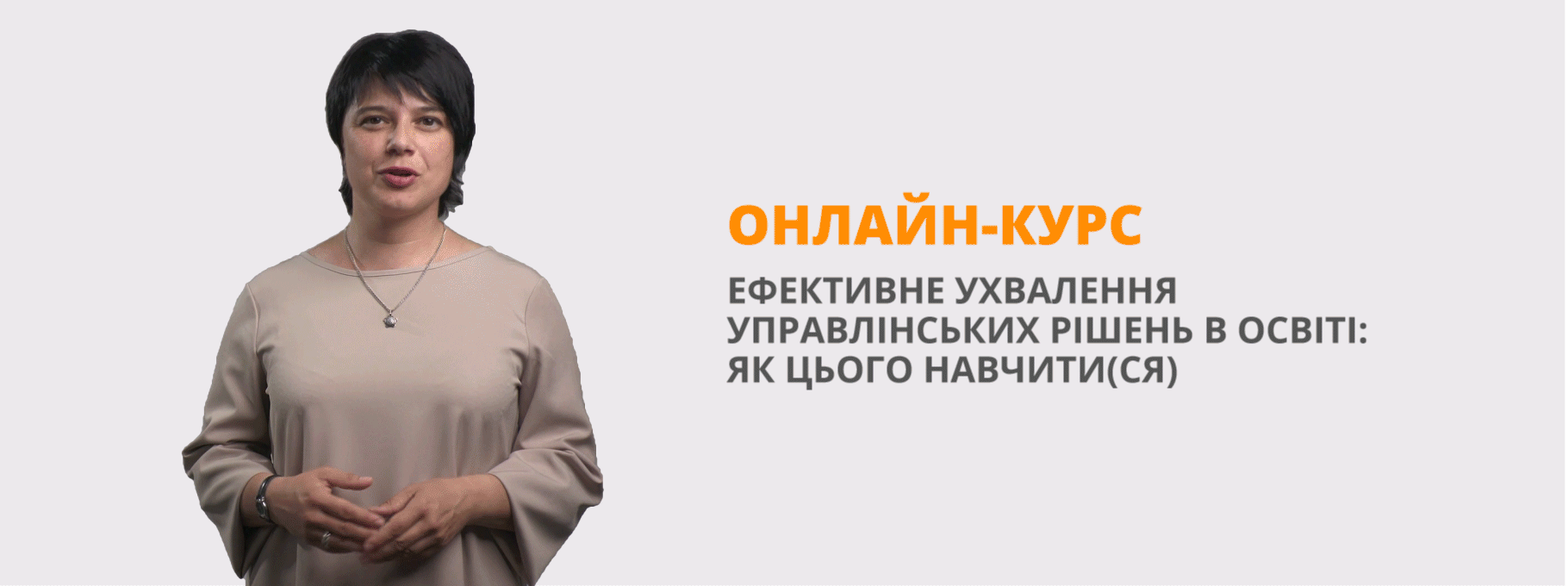Методична розробка відкритого заняття: ” Business Travel ”.
Методична розробка
відкритого заняття:
” Business Travel ”.
Викладач іноземних мов
МОЛОДОВ ДМИТРО ВІКТОРОВИЧ
Львів – 2024р.
The Type of the lesson: A practical lesson
The subject: “A Business Trip” Modal Verb “need”
The object: To develop students’ listening, reading, writing and speaking skills.
Visual Aids: textbooks, a blackboard, a tape-recorder, copies.
Used Literature ( main and additional) : “Business English”, “Reference book of English Grammar” Verba, “English for International Tourism” Longman.
The Structure of the Lesson
An organizing part: Good morning, students. Who is absent today? Are you ready for the lesson?
The subject of the lesson: Today we’ll speak about a business trip how to go through the Customs-House and what to do at the Airport and the Railway Station or how to put up at a Hotel. After that we’ll do some exercises with the modal verb “need”.
Lexical warm-up:
What is the English for: посольство, продовження візи, відрядження, мета поїздки, мито, проходити паспортний контроль, заявити про речі що обкладаються митом, митні правила…
True False statements:
- The moment a traveler crosses the border his luggage is taken to the Departure lounge. (Customs House)
- Every town has its own customs regulations. (country)
- Customs regulations stipulate what articles are liable to duty and what are duty-free.
- Customs regulations also include a list of duty-free articles. (Prohibited).
- If the traveler has any item which falls under customs restrictions, he is not asked to declare it.
- The declaration is made either orally or in writing on a piece of paper. (on a special form).
- After paying a duty the traveler is given a receipt.
- Personal belongings are prohibited articles. (Duty-free).
- The passenger’s luggage isn’t carefully searched in order to prevent smuggling.
- The formalities at the Customs-House usually take just one minute.(some time).
Students retell the text “At the Customs-House”.
After retelling students act out the dialogue:
(Immigration officer – I.o. Mr. Johnson – Mr. J.)
I.o. Are you an American?
Mr.J Yes, I am.
I.o. Have you got a passport, sir?
Mr.J Yes, I’ve got a passport.
I.o. Thank you. How long are you going to stay here?
Mr.J I plan to stay here for 5 days.
I.o. What is the purpose of your visit?
Mr.J It’s a business trip.
I.o Here is your passport. Thank you.
After the dialogue students do exercise 6 at page 10. They have to translate the dialogue from Ukrainian into English.
An Air Trip
- new words at page 15
Questions:
Departures:
- What does the departure board show?
- What do they do at the check-in desk?
- What should a passenger do with the excess baggage?
- What are you given at the check-in desk?
- What is written on the boarding card?
- What should a passenger do before he boards the plane?
- Where can the passenger put his hand luggage?
The flight:
- What should the passenger do first?
- Can the passenger smoke on board the plane?
Arrival:
-Where can you collect your luggage?
What does it mean GREEN or RED?
Students retell the text “An Air Travel”
Students do exercise 4 at page 18. They have to translate the sentences into English using the new vocabulary.
A Trip by Railway:
- new words at page 24
Developing reading skills:
Ex. 2 p. 24-25
After reading students act out the dialogues:
Ex. 2 p. 31-32
- Which is the quickest way to the Centre?
- Take the Street on your left
- Am I Right for the British Museum?
- Do I take the Underground?
- On the Bus.
At the Hotel:
- new words at page 36
True false statements:
- There are a few good hotels in all cities. (plenty of )
- When you enter the hotel you find yourself in a large double room. (vestibule or lounge)
- In the lounge the visitors are constantly coming and going.
- The desk-clerk will not give you all information you need.
- All guests are required to fill in the arrival form.
- You should write just your name on the arrival form.
- You don’t need your passport for registration in the hotel.
- The porter shows the way to the room.
- You can have only a single room in the hotel.
- In your room you can’t find everything that is required for your rest and work.
Students retell the text “At the Hotel”.
Developing writing skills:
Ex. 174-176 p. 285-286
(from Verba)
Developing listening skills:
Pre-listening stage:
- questions at page 92 Ex.3 ( International Tourism)
While listening stage:
-students listen to the record two times and translate into Ukrainian.
Post listening stage:
-Students answer the questions
Ex. 7 p.94 Matching
- b 5. g
- h 6. e
- c 7. d
- f 8. a
Developing reading skills:
Pre-reading stage:
- questions
While reading stage:
-students read and translate the text at page 94 (International Tourism)
Post-reading stage
-students answer the questions.
Summary of the lesson
You should pay attention to all the rules at different places when you are traveling and obey them. Also you should remember that we don’t put particle “to” after modal verbs.
Marks: Students got the marks for their work at the lesson.


про публікацію авторської розробки
Додати розробку
